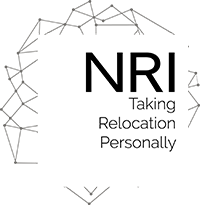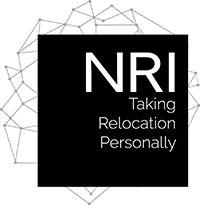This week, tens of thousands of people gathered in a stadium in Zimbabwe, South Africa, and stood in the rain to remember and pay tribute to one of the great inspirational leaders of our time. Nelson Mandela, the revered statesman who emerged from political detention after 27 grim years in prison to lead South Africa out of apartheid, died on December 5, 2013, at the age of 95.
Madiba – as he was affectionately known by his countrymen – was a fascinating combination of charismatic leader, tough politician, and visionary. At the same time, there was always a gentle warmth present in his demeanor and his every-ready smile – a sincere love for his fellow men that allowed him to make friends of strangers and enemies, alike. If you are tasked with providing leadership, look to Nelson Mandela as a role model for how to lead people effectively.
Mandela tried to discourage people from seeing him as a saint. He frequently protested that he was no angel, but that didn’t stop him from becoming a world-wide symbol of the struggle for racial equality and an elder statesman respected across the globe.
In large part, Mandela’s rise to prominence came as a result of his insistence on setting aside the prejudice and animosity that had torn South Africa apart for generations, and promoting reconciliation. He had a deep desire for people to set aside their differences and find common ground. He saw this path of learning from the past but leaving it behind as the only way forward for South Africa.
And for Mandela, this was more than just political theory; he made a point of living his rhetoric, even to those who had imprisoned him. It was this astonishing ability to put aside his personal feelings for the greater good that earned Mandela the admiration and respect of so many – including his old enemies from the old apartheid regime.
Mandela left us a singular model of leadership, one in which leadership is an opportunity to serve, rather than an opportunity to wield power. He didn’t consider himself perfect. “In real life,” he once wrote, “we deal, not with gods, but with ordinary humans like ourselves: men and women who are full of contradictions, who are stable and fickle, strong and weak, famous and infamous.”
There is a Bantu word for this style of leadership: “Ubuntu”. Roughly translated, “Ubuntu” means “human kindness”. Another famous South African explained the underlying philosophy of “Ubuntu” this way:
“One of the sayings in our country is Ubuntu – the essence of being human. Ubuntu speaks particularly about the fact that you can’t exist as a human being in isolation. It speaks about our interconnectedness. You can’t be human all by yourself, and when you have this quality – Ubuntu – you are known for your generosity.
We think of ourselves far too frequently as just individuals, separated from one another, whereas you are connected and what you do affects the whole World. When you do well, it spreads out; it is for the whole of humanity.”
In the workplace we often have to deal with human weaknesses and contradictions. We encounter situations where people don’t always act as their best selves or, indeed, in their best interests. Sometimes we have to deal with people who put their own interests in front of doing what is best for the greater good. Sometimes negative or hostile behavior may even have been directed towards us in hurtful or damaging ways.
At times like these, it is easy to get angry and resentful, and much more difficult to forgive. Because forgiveness – which is different from forgetfulness – requires remembering the humanity in each person, whether we like or respect them. And especially when we don’t.
To forgive a co-worker, subordinate, or boss does not mean the hurtful thing they have done is excused; it means we recognize that they made a poor choice in how they chose to act. That is not the same thing as forgiving someone for the damage they have caused. The damage is done. But the first step to repairing damage is to accept that it is in the past, and look to improving the future.
So the legacy of leadership that Nelson Mandela left us stretches far beyond the political, and touches us all in our lives in the most personal way. At home, at work, in the world at large, let us work to forgive. Let us work to reconcile. Let us work to move forward.

